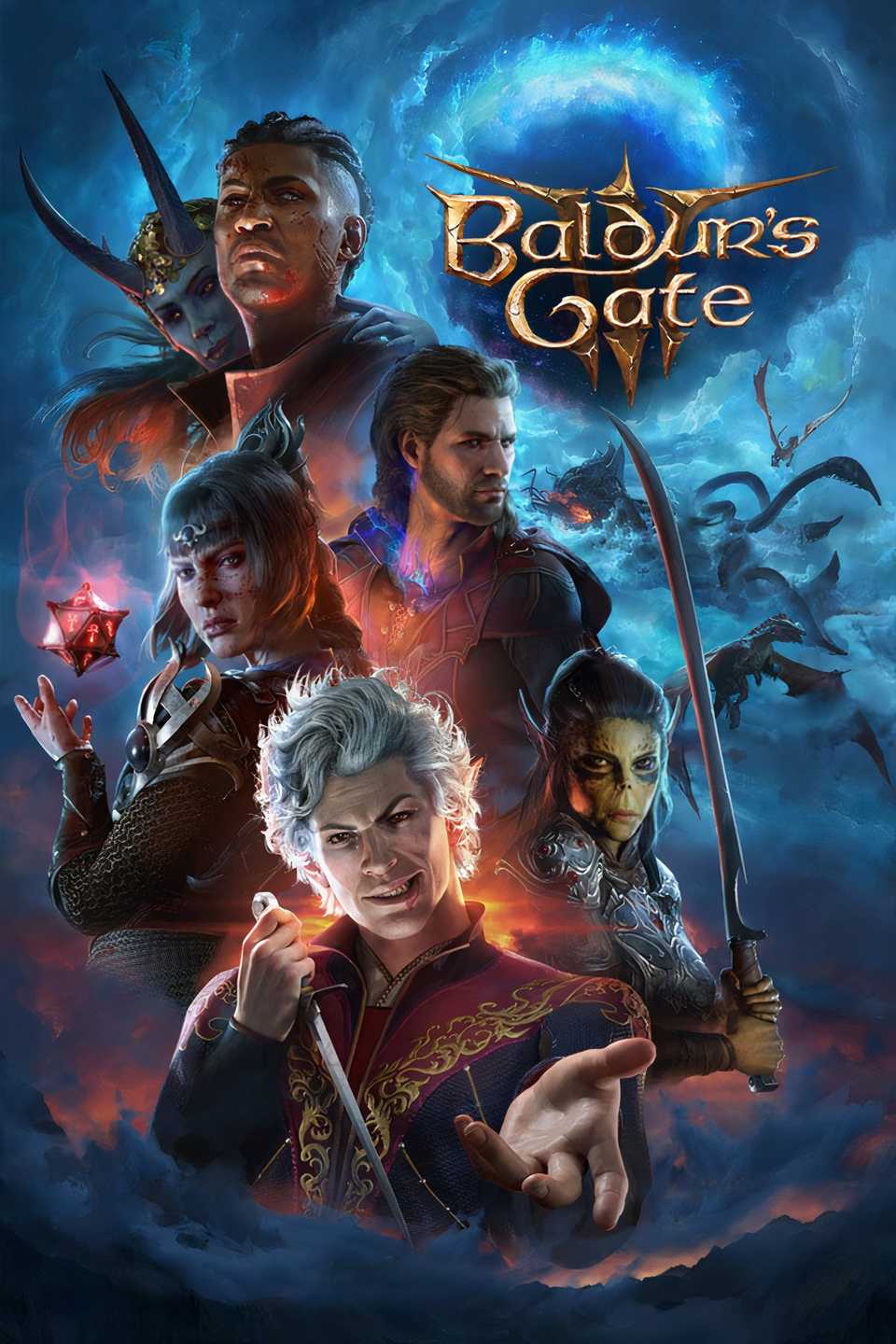One of Baldur’s Gate 3‘s strongest traits is how nearly every choice matters, something I didn’t realize until a pivotal point in my first playthrough. Up until a certain moment in Act 2, my mistakes felt like obstacles, but never impactful enough to change how I approached different situations. However, little did I know that this incredibly thoughtful RPG would keep the consequences of the past until they mattered most.
Among all the available BG3 classes I could have chosen for my first playthrough, I decided to pick a Paladin. While I was drawn to the idea of a warrior who could smite evil, my inexperience with the Oath system caused me to break my Tenets twice during different events. Although first just an annoyance, one final betrayal of my Paladin’s morals cost me more than I could ever expect.
Betraying Balthazar Always Breaks The Oaths Of Some Paladins
Promises Of Keeping Your Word Are Destroyed Through One Action
At the end of the Guantlet of Shar area in Act 2, your party has the choice to side with the Nightsong or the necromancer Balthazar in a climactic moment. If you choose the most passive route, like I did, you can agree to help Ketheric Thorm by aiding Balthazar in his task of retrieving the Nightsong. This causes the least number of fights and danger for your group.
This article contains spoilers regarding the end of Act 2 in the story. If you haven’t reached this point your own playthrough, continue reading at your own risk.
Despite aiding Balthazar to reach the Nightsong, I planned to turn on the evil pair once I learned how the Nightsong was tied to Ketheric’s immortality. As any who’ve played through this story event know, the Nightsong is actually an imprisoned Aasimar named Dame Aylin. Her immortality was being siphoned by Ketheric, with Balthazar as her jailer and torturer for many years.
At this point, with the choice to make, you have the option to provoke Balthazar into a deadly fight if you want to free the Nightsong. Doing so removes Ketheric’s invulnerability, and takes out one of his strongest allies too. However, this act is still one of betrayal, which threatens to go against a Paladin character’s Oaths.
The Oath of the Crown will always break its Oath by fighting Balthazar if you were allied with Ketheric in any way. This could even be if you played along with acting as another True Soul follower of the Absolute to gain access to Moonrise Tower’s other quests, content, or merchants.
Since the Oath of the Crown’s Tenets revolve around upholding the ideals of civilization, keeping your word is one of its core ideals. This was something I had encountered before, but never truly understood until Balthazar. Despite his evil, I had promised to help Balthazar and Ketheric, so betraying them went against the laws my Paladin was trying to follow.
Defeating The Necromancer Is The Morally Correct Choice
Letting Balthazar Keep The Nightsong Only Leads To Pain
Unfortunately, if you are even trying to play a remotely “good” Paladin like I was, betraying or attacking Balthazar is inevitable. Even putting aside the Nightsong’s importance as a source of power for Ketheric, the pain she has endured at the hands of the necromancer makes Balthazar an irredeemable figure. As a warrior that strikes down such evil, a Paladin of good alignment is almost obligated to end his undead existence.
Balthazar’s fight is a brawl with many different undead, with the necromancer himself using powerful magic too. For a Paladin who loses their Oath by simply initiating the fight, it can be made even harder with all their Channel Oath abilities disabled from their previous action.
Even as a Paladin who broke their Oath, you can still use Lay on Hands and spell slots against Balthazar during the fight against him. Don’t forget to stock up on good items with you and your party to prepare for this difficult encounter.
Despite this handicap, defeating Balthazar is necessary for a good playthrough, as freeing the Nightsong sets off the attack on Moonrise Towers, triggering the end of Act 2. While betrayal can lead to an unavoidable Oath breaking, you still need to eliminate the necromancer to reach a better outcome.
Actions With Real Consequences Help Enrich An RPG’s Story
Making A Difficult Choice Helps Your Character Feel Real
For my Paladin, this decision to betray Balthazar may have been easy, but the consequences were not. As a result of breaking the Oath of the Crown for a third time, it would take a steep cost of 10,000 Gold to get it back from the Oathbreaker Knight at camp in BG3.
My party did not have that kind of cash, so my character finally fell into darkness, becoming an Oathbreaker fallen from grace. This was a tough call, but I appreciated the very real impact my choices had that led to that moment. If my Paladin had let Balthazar retrieve the Nightsong, it would have betrayed far more of that character’s good morals than just going back on a Tenet.
It is not impossible to redeem a Paladin’s Oath, it simply becomes more expensive over time if repeated. Certain actions can make sure an Oath of the Crown Paladin does not lose their Oath by betraying Balthazar, but it requires specific actions and careful planning.
As an Oathbreaker, my character had far richer development than most RPGs grant to their main characters. The mistakes from my past did matter, altering how I would play the rest of the game, including the interactions I had with other NPCs I would later meet. From a gameplay perspective, this also changed the spells and abilities my character could use, forcing me to change strategies for my build.
Overall, while I may regret breaking my Oath many times before Balthazar, I’m almost glad I did on my first playthrough. If anything, it proved to me how Baldur’s Gate 3 uses the choices you’ve made to shape your adventure, a feature I wish existed with as much depth within other RPG titles.

Baldur’s Gate 3
- Released
-
August 3, 2023
- ESRB
-
M for Mature: Blood and Gore, Partial Nudity, Sexual Content, Strong Language, Violence
- Developer(s)
-
Larian Studios
- Publisher(s)
-
Larian Studios
- Engine
-
Divinity 4.0
- Multiplayer
-
Online Co-Op, Local Co-Op
- Cross-Platform Play
-
Full cross-platform play.
This story originally appeared on Screenrant




